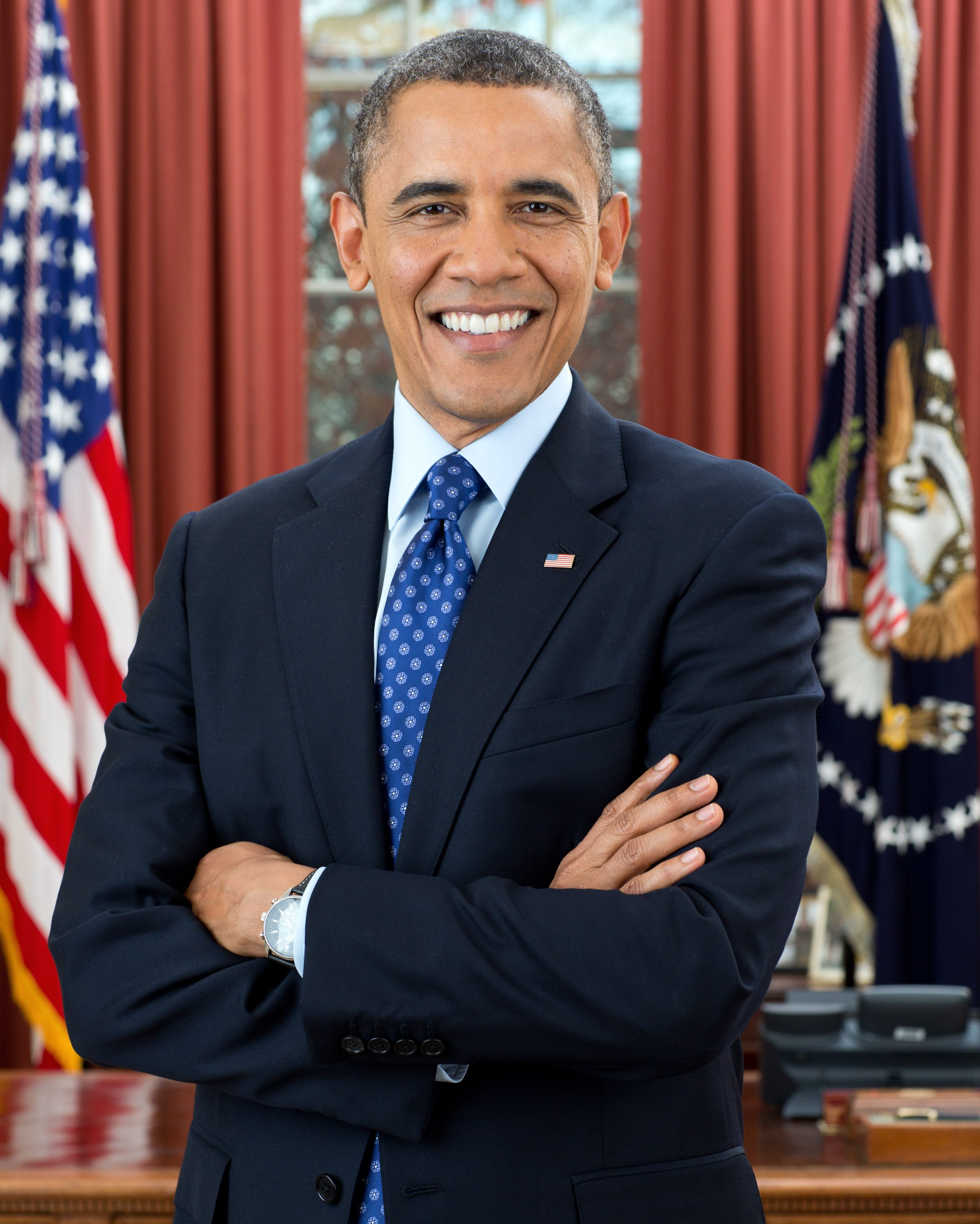2015, Address to the Nation by the President on San Bernardino (December 2015)
Barack Obama Quotes
2016, State of the Union address (January 2016)
2011, Address on interventions in Libya (March 2011)
Press conference in Ramallah (21 March 2013), as quoted in "Obama Compares Israeli-Palestinian Conflict to Arguments Between U.S. and Canada" in Wall Street Journal (21 March 2013) http://blogs.wsj.com/washwire/2013/03/21/transcript-of-obamas-press-conference-with-mahmoud-abbas/,
2013
"Bush-McCain policies have... ballooned the national debt." (20 March 2008) http://firstread.msnbc.msn.com/archive/2008/03/20/789664.aspx
2008
2014, Address to the United Nations (September 2014)
"Barack Obama: The President's News Conference With Prime Minister Reinfeldt of Sweden in Stockholm" by Gerhard Peters and John T. Woolley, atThe American Presidency Project (4 September 2013)
2013
Barack Obama, as quoted in "The Constitution, Designed to Change, Rarely Does" http://www.wsj.com/articles/SB122835767216478251 (4 December 2008), by Jennifer S. Forsyth, The Wall Street Journal
2008
2016, DNC Address (July 2016)
Reforms Slow to Arrive at Drilling Agency http://www.nytimes.com/2010/05/31/us/politics/31drill.html (April 2, 2010)
2010, 2010 Deepwater Horizon oil spill (April 2010)
Remarks by President Obama at Memorial Service for Former Israeli President Shimon Peres on Mount Herzl in Jerusalem, Israel. https://www.whitehouse.gov/the-press-office/2016/09/30/remarks-president-obama-memorial-service-former-israeli-president-shimon (30 September 2016)
2016
Statement at a press conference following Reverend Jeremiah Wright's speech at a Press Club event (29 April 2008) http://embeds.blogs.foxnews.com/2008/04/29/obama-calls-it-quits-with-former-pastor-jeremiah-wright/
2008
2015, Commemoration of the 150th Anniversary of the 13th Amendment (December 2015)
2011, UN speech to General Assembly (September 2011)
2014, Sixth State of the Union Address (January 2014)
2014, 25th Anniversary of Polish Freedom Day Speech (June 2014)
2015, Remarks to the People of Africa (July 2015)
2012, Yangon University Speech (November 2012)
Remarks by President Obama in Address to the United Nations General Assembly (24 September 2013) http://www.whitehouse.gov/the-press-office/2013/09/24/remarks-president-obama-address-united-nations-general-assembly
2013
Floor Statement on President's Decision to Increase Troops in Iraq (19 January 2007)
2007
2015, Remarks to the Kenyan People (July 2015)
2015, Naturalization Ceremony speech (December 2015)
2011, Address on interventions in Libya (March 2011)
2017, Farewell Address (January 2017)
Remarks by the President on the Economy, Knox College, Galesburg, Illinois (24 July 2013) http://www.whitehouse.gov/the-press-office/2013/07/24/remarks-president-economy-knox-college-galesburg-il
2013
Obama Racial Profiling (10-27-2015) http://www.huffingtonpost.com/entry/obama-racial-profiling_us_562fde34e4b00aa54a4ba5f2
2015
2014, Statement on Cuban policy (December 2014)
Interview in Shanghai, as quoted in China Daily (17 November 2009)
2009, Town Hall meeting in Shanghai (November 2009)
2016, Memorial Service for Fallen Dallas Police Officers (July 2016)
2015, Eulogy for the Honorable Reverend Clementa Pinckney (June 2015)
2013, Fifth State of the Union Address (February 2013)
2011, Remarks at a Dedication Ceremony for the Martin Luther King, Jr., National Memorial (October 2011)
2011, Tucson Memorial Address (January 2011)
Interview on radio staion 610 WIP (20 March 2008), as quoted in Chris Wallace criticizes Fox & Friends for "two hours of Obama bashing" in which hosts "distort … what Obama had to say" (21 March 2008) http://mediamatters.org/print/research/200803210008
2008
2016, Memorial Service for Fallen Dallas Police Officers (July 2016)
2014, Young Southeast Asian Leaders Initiative Town Hall (April 2014)
Statement by the President on the Situation in Paris https://www.whitehouse.gov/the-press-office/2015/11/13/statement-president-situation-paris (November 13, 2015)
2015
2016, News Conference With Chancellor Angela Merkel of Germany (November 2016)
2014, Remarks to the People of Estonia (September 2014)
2009, First Inaugural Address (January 2009)
Remarks by President Obama in Address to the United Nations General Assembly (24 September 2013) http://www.whitehouse.gov/the-press-office/2013/09/24/remarks-president-obama-address-united-nations-general-assembly
2013
2014, Remarks to the People of Estonia (September 2014)
Announcement of Candidacy for President of the United States. (10 February 2007)
2007
2013
2015, Commemoration of the 150th Anniversary of the 13th Amendment (December 2015)
2009, First Inaugural Address (January 2009)
New York Times Op-Ed "Grounding a Pandemic" (6 June 2005) http://www.nytimes.com/2005/06/06/opinion/06obama.html?ex=1275710400&en=69f51e47097d5dd9&ei=5090&partner=rssuserland&emc=rss by Barack Obama and Richard Lugar
2005
As quoted in "A Newcomer to the Business of Politics has Seen Enough to Reach Some Conclusions About Restoring Voters' Trust", by Joe Frolik, inThe Plain Dealer (3 August 1996)
1990s
